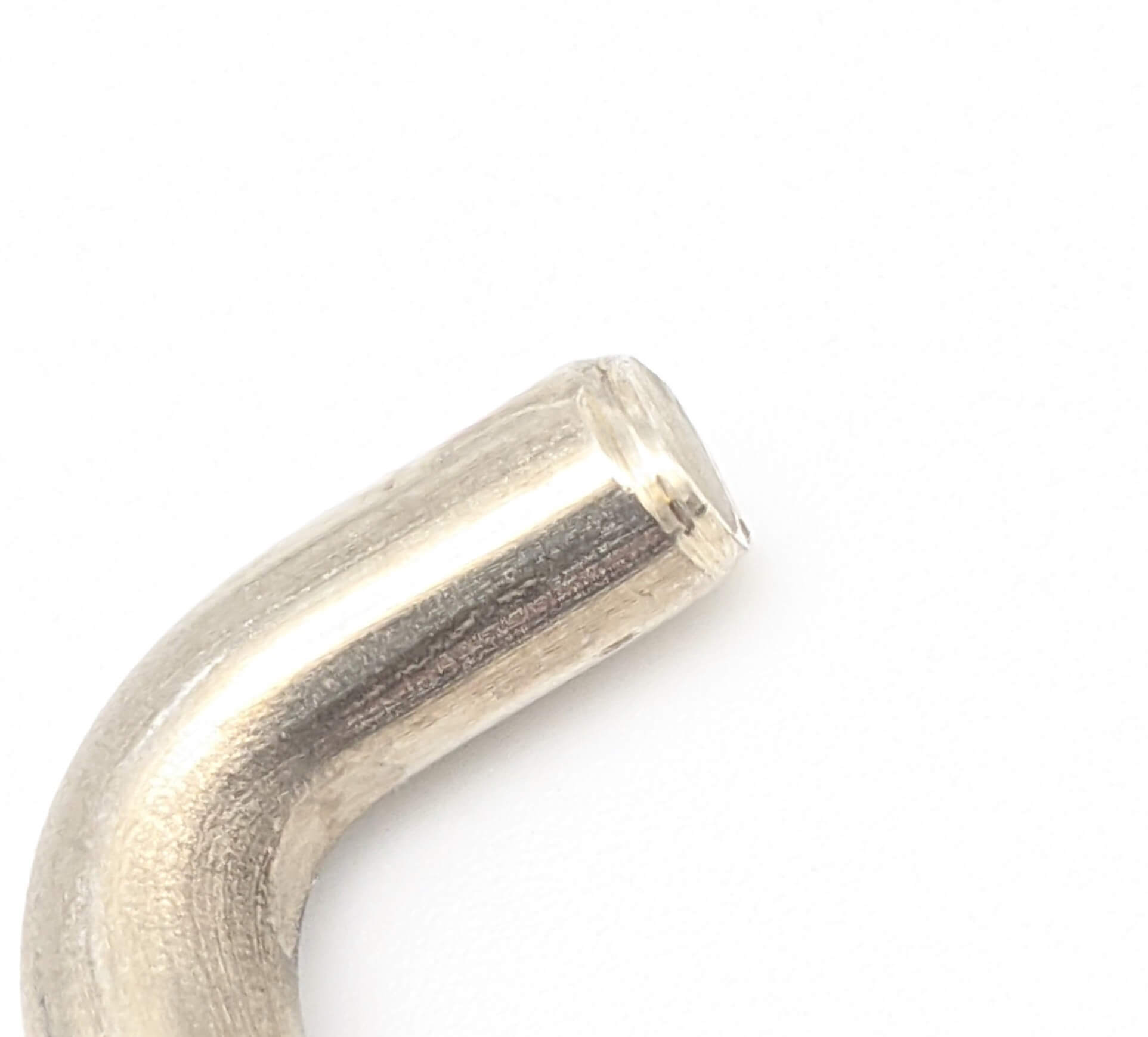Get unique, complex parts easily. No matter your requirements, Chaoyi Spring creates hard-to-produce coil springs and wire forms.
Let us help you create the custom wire form you need, from S-hooks and J-hooks to utility hooks and more.
We work closely with customers across a wide range of industries, helping them design and manufacture made-to-order parts.
Why choose Chaoyi Spring? We prioritize customer-focused collaboration, modern equipment and the latest technology to make your parts per print.
Find the information and guidance you need, from measuring a spring to learning about materials, placing an order and much more.
Have you ever wondered what makes your car suspension work, your door close smoothly, or your pen spring back after you write? The answer, often overlooked, is compression springs. These


Have you ever wondered what makes your car suspension work, your door close smoothly, or your pen spring back after you write? The answer, often overlooked, is compression springs. These ubiquitous devices, often hidden from view, play a crucial role in countless everyday objects, ensuring smooth operation, absorbing shock, and providing essential functionality. In this article, we'll delve into the fascinating world of compression springs, exploring their construction, types, applications, and why they're truly the unsung heroes of our modern world.

Compression springs, as their name suggests, are designed to resist compression forces. When a load is applied, they shorten, storing potential energy. Upon release, the spring returns to its original length, releasing the stored energy. This simple principle underlies their numerous applications.
The core of a compression spring is a coil of wire, typically made from spring steel. Spring steel is chosen for its exceptional elasticity and resilience, allowing it to withstand repeated compressions and extensions without losing its shape. The wire is wound around a cylindrical mandrel, creating a helix of closely spaced coils. The properties of the spring, such as its stiffness (how much force it takes to compress it), are determined by factors like the wire diameter, the number of coils, and the material's characteristics.
There's a whole family of compression springs, each designed to meet specific requirements. Let's explore some of the most common types:
These are the most basic form of compression springs, with a uniform coil diameter throughout. They're ideal for general applications where a consistent spring rate is needed. Imagine those small springs inside your pen or the ones holding your car's hood in place – they likely fall into this category.
Conical springs, as their name implies, have a tapered shape, with a smaller diameter at one end and a larger diameter at the other. This design results in a progressive spring rate, meaning the spring becomes stiffer as it is compressed. Think about the springs used in heavy-duty machinery or those in your car's suspension system – they're likely conical to handle varying loads effectively.
Variable spring rate springs are designed to have a changing stiffness depending on the applied load. They can be achieved by altering the coil diameter, spacing, or using specialized materials. These springs excel in applications requiring precise control over movement, such as in medical devices or specialized machinery.
Compression springs are everywhere, silently working behind the scenes to make our lives smoother and more efficient. Here are some examples of their diverse applications:
Compression springs are integral to car suspension systems. They absorb shock from bumps and potholes, providing a comfortable ride and maintaining vehicle stability. These springs are designed to handle heavy loads and resist fatigue over long distances.
Think about your washing machine, dryer, or even your toaster. Compression springs are responsible for everything from opening the door to releasing the spring-loaded latch. These springs are designed for durability and ensure the smooth operation of these everyday appliances.
Compression springs play a crucial role in various mechanical devices, from clocks and watches to industrial machinery. They provide the force needed for precise movement, ensuring accurate operation and reliable performance.
Compression springs are found in many medical devices, contributing to their accuracy and safety. From syringes and surgical instruments to prosthetic limbs, they ensure proper functioning and user comfort.
Compression springs are truly the unsung heroes of our everyday lives. Their unassuming presence belies their critical importance in ensuring the smooth operation of countless devices and machines. Their reliability, resilience, and versatility make them indispensable components in our modern world. So the next time you encounter a spring, take a moment to appreciate its silent but essential role in shaping our lives.
From the simplest of tools to the most complex machines, compression springs are a testament to the ingenuity of human design. Their ability to store and release energy, control movement, and absorb shock makes them a cornerstone of modern technology. While often overlooked, compression springs continue to quietly work their magic, making our lives easier and more efficient every day.
Browse some of the custom wire forms and springs that we manufacture. Don’t see what you need? We specialize in made-to-order products that meet your application requirements.
Visit Our GalleryNeed a custom wire form or coil spring? We make it work. Fill out the contact form and a representative will respond within 1 business day. If you have a PDF or CAD file, you can submit to request a quote.